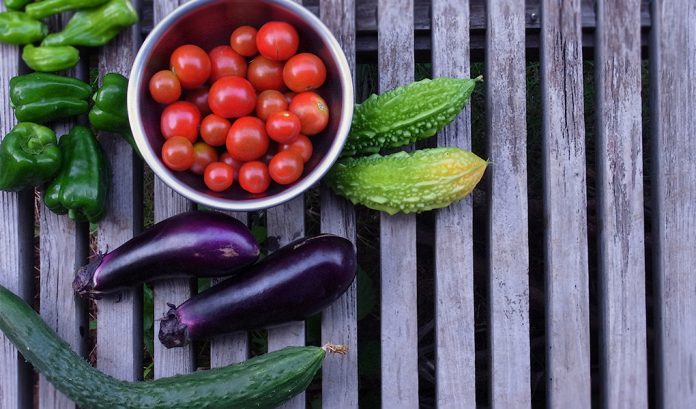
The common misconception about organic foods is that they are also “natural” foods. But being natural does not mean being organic. Natural foods are those which were processed more subtly than other products and which do not contain any hormones, antibiotics or artificial flavors.
Organic foods are products of a farming system which does not use man-made fertilizers, pesticides, growth regulators, and other additives. Yet, many people still think that there is no difference whether you go organic, or not.
Scientific evidence proves that organic food is more nutritious than non-organic. This is due to artificial fertilization which swells non-organic plants with water leaving it with lesser contents of vitamins and minerals. Organic foods, with the right amount of water, contains “more food” (dry matter) giving them higher levels of minerals and vitamin C. Research has also shown that organic produce have higher levels of antioxidants.
Organic Food VS Bad Habits
Since organic foods take time to be sold in the market, it is thought that it will be more expensive to go organic. THIS IS A FALSE ASSUMPTION. Most people would typically spend more money on buying junk foods, cigars, and alcohol than on fruits and vegetables; they also spend more money on take outs, and on recreational activities than on organic foods. It’s just all about values and priorities, not the price.
Fruits, Vegetables, and Pesticides
One in three of all fruits and vegetables in the market carries residues of pesticides. The effect of increased toxicity because of pesticide combination is called synergism. Several pesticides work by interfering with the nervous system of insects. This can also affect the nervous system of humans. Some reported health effects of pesticide affects the reproductive system or are hormone disruptors.
A research in Israel has even linked symptoms to the dietary intakes of pesticides. These include headaches, tremor, and lack of energy, depression, anxiety, poor memory, dermatitis, convulsions, nausea, indigestion, and diarrhea.
In Belgium, it has been found that women diagnosed with breast cancer are far more like to have DDT pesticides or hexachlorobenzene in their bloodstreams than women who don’t have breast cancer.
In Hawaii, it has been known that increase in the consumption of fruit and juice carrying pesticide residues raised the risk of Parkinson’s diseases.
Pesticides and the World
These are just few of the effects of pesticides in the human body. Yet, pesticides are bigger in scope. World Health Organization has already identified the harm it can cause to the environment and ecosystems. Pesticides may enter into the food chain where they may cause cancer, damage in the nervous system, reproductive or immune systems. This would greatly affect the young, most especially because their bodies are still developing which needs special diet. Recently, a study has showed a combination of environmental, household, and dietary exposure of children has resulted to developmental deficits.
A Friendly Reminder:
Do not risk the health of your love ones, especially the young, just because of the prices in the market. Food is a necessity, not a luxury. Your body will function best when you take in the best. Prioritize what really matters, not just those you think that matters.








